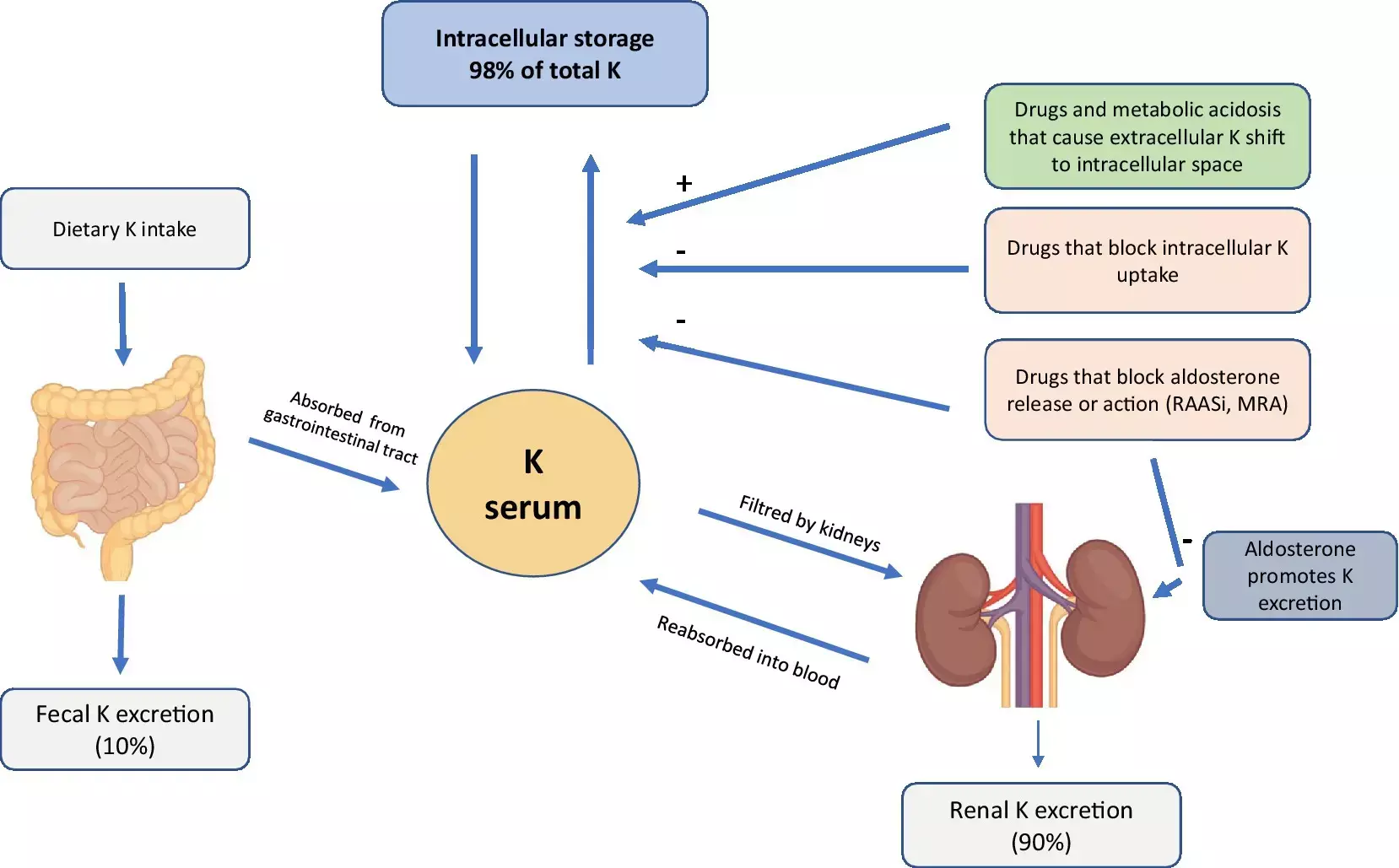- Home
- Medical news & Guidelines
- Anesthesiology
- Cardiology and CTVS
- Critical Care
- Dentistry
- Dermatology
- Diabetes and Endocrinology
- ENT
- Gastroenterology
- Medicine
- Nephrology
- Neurology
- Obstretics-Gynaecology
- Oncology
- Ophthalmology
- Orthopaedics
- Pediatrics-Neonatology
- Psychiatry
- Pulmonology
- Radiology
- Surgery
- Urology
- Laboratory Medicine
- Diet
- Nursing
- Paramedical
- Physiotherapy
- Health news
- Fact Check
- Bone Health Fact Check
- Brain Health Fact Check
- Cancer Related Fact Check
- Child Care Fact Check
- Dental and oral health fact check
- Diabetes and metabolic health fact check
- Diet and Nutrition Fact Check
- Eye and ENT Care Fact Check
- Fitness fact check
- Gut health fact check
- Heart health fact check
- Kidney health fact check
- Medical education fact check
- Men's health fact check
- Respiratory fact check
- Skin and hair care fact check
- Vaccine and Immunization fact check
- Women's health fact check
- AYUSH
- State News
- Andaman and Nicobar Islands
- Andhra Pradesh
- Arunachal Pradesh
- Assam
- Bihar
- Chandigarh
- Chattisgarh
- Dadra and Nagar Haveli
- Daman and Diu
- Delhi
- Goa
- Gujarat
- Haryana
- Himachal Pradesh
- Jammu & Kashmir
- Jharkhand
- Karnataka
- Kerala
- Ladakh
- Lakshadweep
- Madhya Pradesh
- Maharashtra
- Manipur
- Meghalaya
- Mizoram
- Nagaland
- Odisha
- Puducherry
- Punjab
- Rajasthan
- Sikkim
- Tamil Nadu
- Telangana
- Tripura
- Uttar Pradesh
- Uttrakhand
- West Bengal
- Medical Education
- Industry
SGLT2 Inhibitors Linked to Lower Hyperkalemia Risk and Improved RAASi Continuation suggests new study

SGLT2 Inhibitors Linked to Lower Hyperkalemia Risk and Improved RAASi Continuation suggests a new study published in the JAMA .
Hyperkalemia is a common complication of taking a renin-angiotensin-aldosterone system inhibitor (RAASi). Post hoc analyses of large randomized clinical trials suggested that the addition of sodium-glucose cotransporter 2 inhibitors (SGLT2i) may attenuate this risk. It is unknown if this observation extends to daily clinical practice.
A study was done to evaluate the association between SGLT2i initiation and hyperkalemia in individuals receiving RAASi with a background of diabetes, heart failure, or chronic kidney disease. This population-based retrospective cohort study was conducted in Ontario, Canada, from July 1, 2015, to June 30, 2021.
The cohort comprised adults 66 years and older who were prescribed a RAASi and had a history of diabetes or heart failure, an estimated glomerular filtration rate of less than 45 mL/min/1.73 m2, and/or a urine albumin to creatinine ratio of greater than 30 mg/mmol. The data were analyzed between March 28, 2023, and March 22, 2024. The study exposure was a new prescription of an SGLT2i compared to noninitiation of an SGLT2i. Inverse probability of treatment weighting by a propensity score for the receipt of SGLT2i was used to achieve balance of baseline covariates in both exposure groups. The primary study outcome was hyperkalemia, defined as a serum potassium of greater than 5.5 mEq/L or an administrative code for an inpatient or outpatient encounter with hyperkalemia within 1 year of the index date.
Results A total of 20 063 individuals who initiated an SGLT2i (mean [SD] age, 76.9 [6.6] years; 12 020 [59.9%] male) were compared to a pseudopopulation of 19 781 nonusers (mean [SD] age, 76.8 [7.0] years; 11 731 [59.3%] male). In the overall cohort, 95% had diabetes, 17% had heart failure, and 32% had stage 3 to 5 chronic kidney disease. SGLT2i initiation was associated with a lower risk of hyperkalemia (hazard ratio, 0.89 [95% CI, 0.82-0.96]). SGLT2i users had a significantly lower rate of RAASi discontinuation compared to nonusers (36% vs 45%; P < .001).
This cohort study demonstrated that, among individuals with diabetes, heart failure, or chronic kidney disease who were receiving a RAASi, SGLT2i initiation was associated with a lower risk of hyperkalemia and RAASi discontinuation.
Reference:
Wing S, Ray JG, Yau K, et al. SGLT2 Inhibitors and Risk for Hyperkalemia Among Individuals Receiving RAAS Inhibitors. JAMA Intern Med. Published online April 28, 2025. doi:10.1001/jamainternmed.2025.0686
Dr. Shravani Dali has completed her BDS from Pravara institute of medical sciences, loni. Following which she extensively worked in the healthcare sector for 2+ years. She has been actively involved in writing blogs in field of health and wellness. Currently she is pursuing her Masters of public health-health administration from Tata institute of social sciences. She can be contacted at editorial@medicaldialogues.in.
Dr Kamal Kant Kohli-MBBS, DTCD- a chest specialist with more than 30 years of practice and a flair for writing clinical articles, Dr Kamal Kant Kohli joined Medical Dialogues as a Chief Editor of Medical News. Besides writing articles, as an editor, he proofreads and verifies all the medical content published on Medical Dialogues including those coming from journals, studies,medical conferences,guidelines etc. Email: drkohli@medicaldialogues.in. Contact no. 011-43720751


